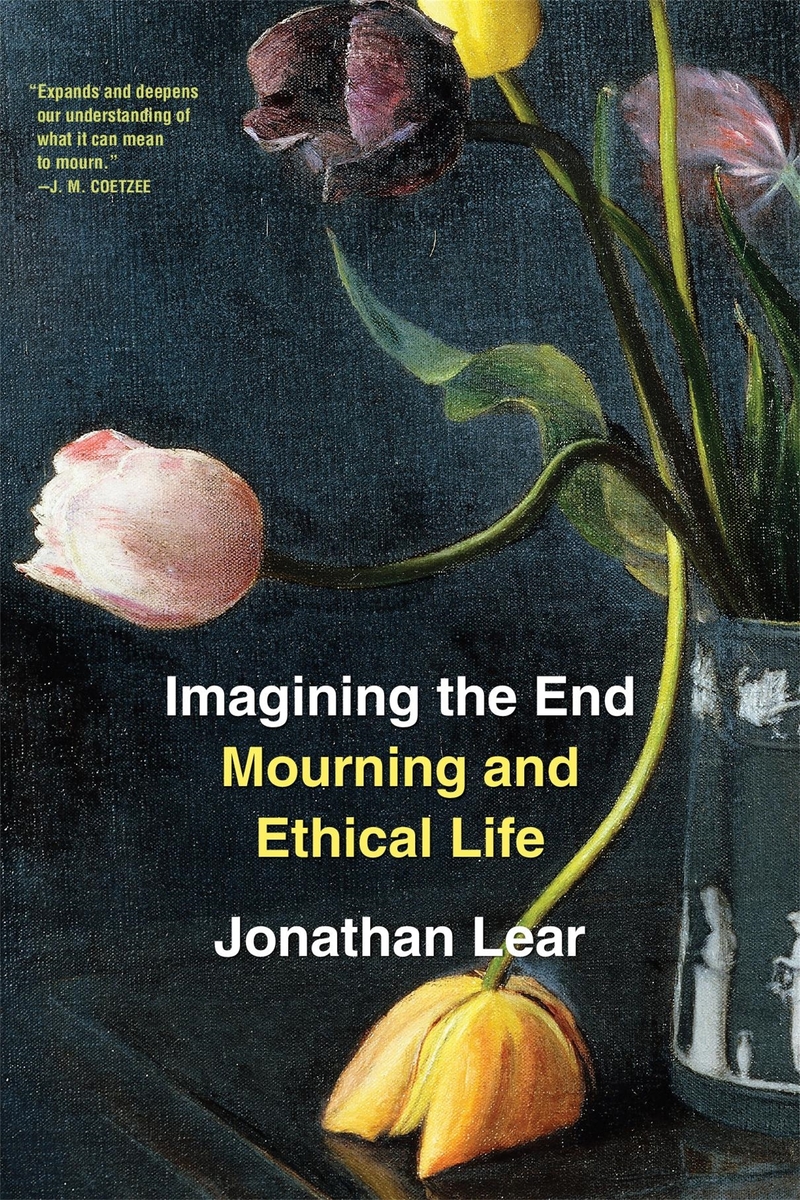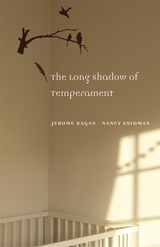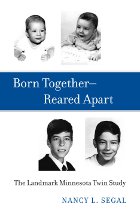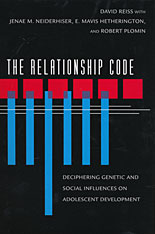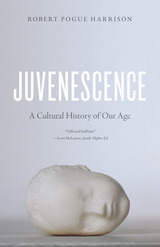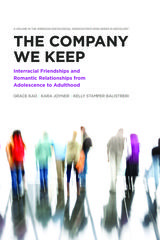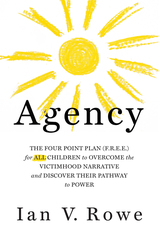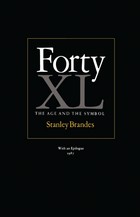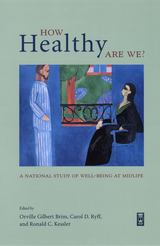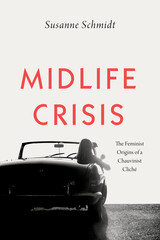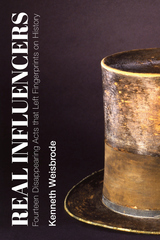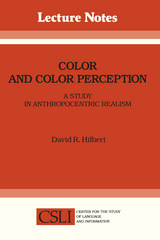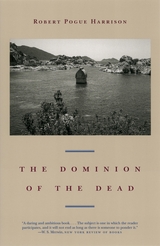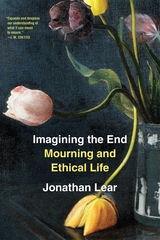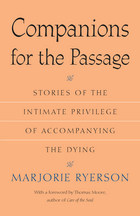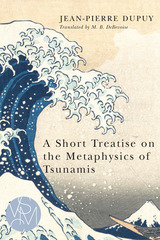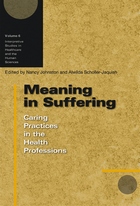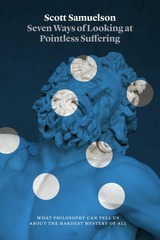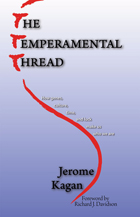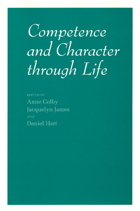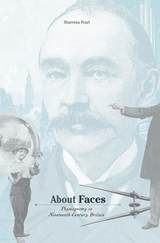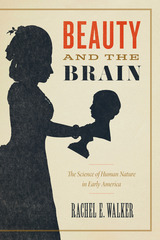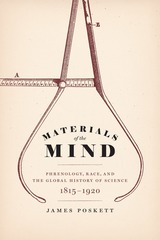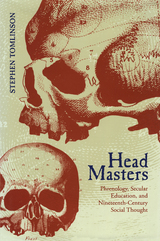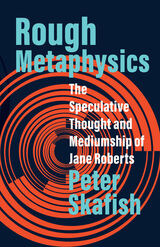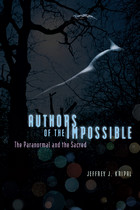Cloth: 978-0-674-27259-0 | eISBN: 978-0-674-28747-1 | Paper: 978-0-674-29733-3
Library of Congress Classification BF789.D4L375 2022
Dewey Decimal Classification 155.937
A Washington Post Notable Work of Nonfiction
A Chronicle of Higher Education Best Scholarly Book
“Imagining the End suggests, in a sober yet hopeful spirit, how mourning, rightly understood, can give meaning to our lives in the disenchanted times in which we find ourselves. In exploring the hopes that have failed us, the projects that have run into the sand, the loves we have lost, the attachments that have come to an end—a work of what amounts to creative mourning—we can develop a stance in the here and how from which the psyche can look outward and flourish. ”—J. M. Coetzee
“Lear is a lovely and subtle writer, someone who has a rare capacity to introduce ways of seeing and interrogating the world that dignify our confusion and pain while also opening up new possibilities for moving forward.”–Daniel Oppenheimer, Washington Post
Jonathan Lear is one of the most distinctive intellectual voices in America, a philosopher and psychoanalyst who draws from ancient and modern thought, personal history, and everyday experience to help us think about how we can flourish, or fail to, in a world of flux and finitude that we only weakly control. His range is on full display in Imagining the End as he explores seemingly disparate concerns to challenge how we respond to loss, crisis, and hope.
He considers our bewilderment in the face of planetary catastrophe. He examines the role of the humanities in expanding our imaginative and emotional repertoire. He asks how we might live with the realization that cultures, to which we traditionally turn for solace, are themselves vulnerable. He explores how mourning can help us thrive, the role of moral exemplars in shaping our sense of the good, and the place of gratitude in human life. Along the way, he touches on figures as diverse as Aristotle, Abraham Lincoln, Sigmund Freud, and the British royals Harry and Meghan.
Written with Lear’s characteristic elegance, philosophical depth, and psychological perceptiveness, Imagining the End is a powerful meditation on persistence in an age of turbulence and anxiety.
See other books on: End | Grief | Mind & Body | Psychoanalysis | Psychotherapy
See other titles from Harvard University Press
